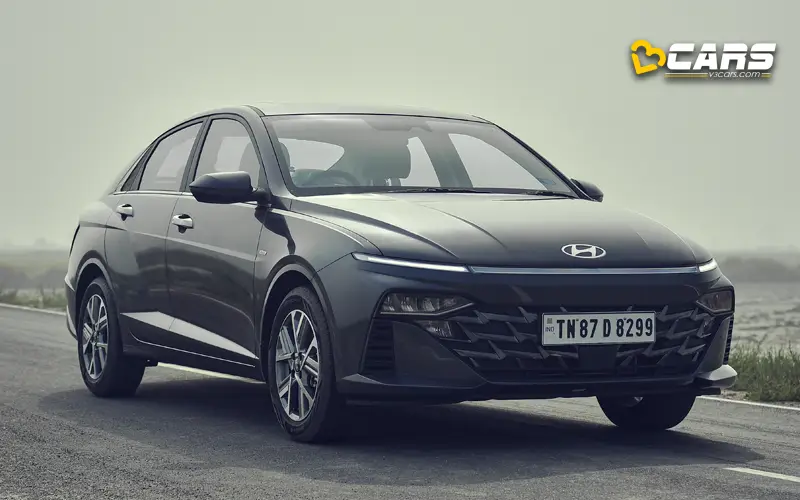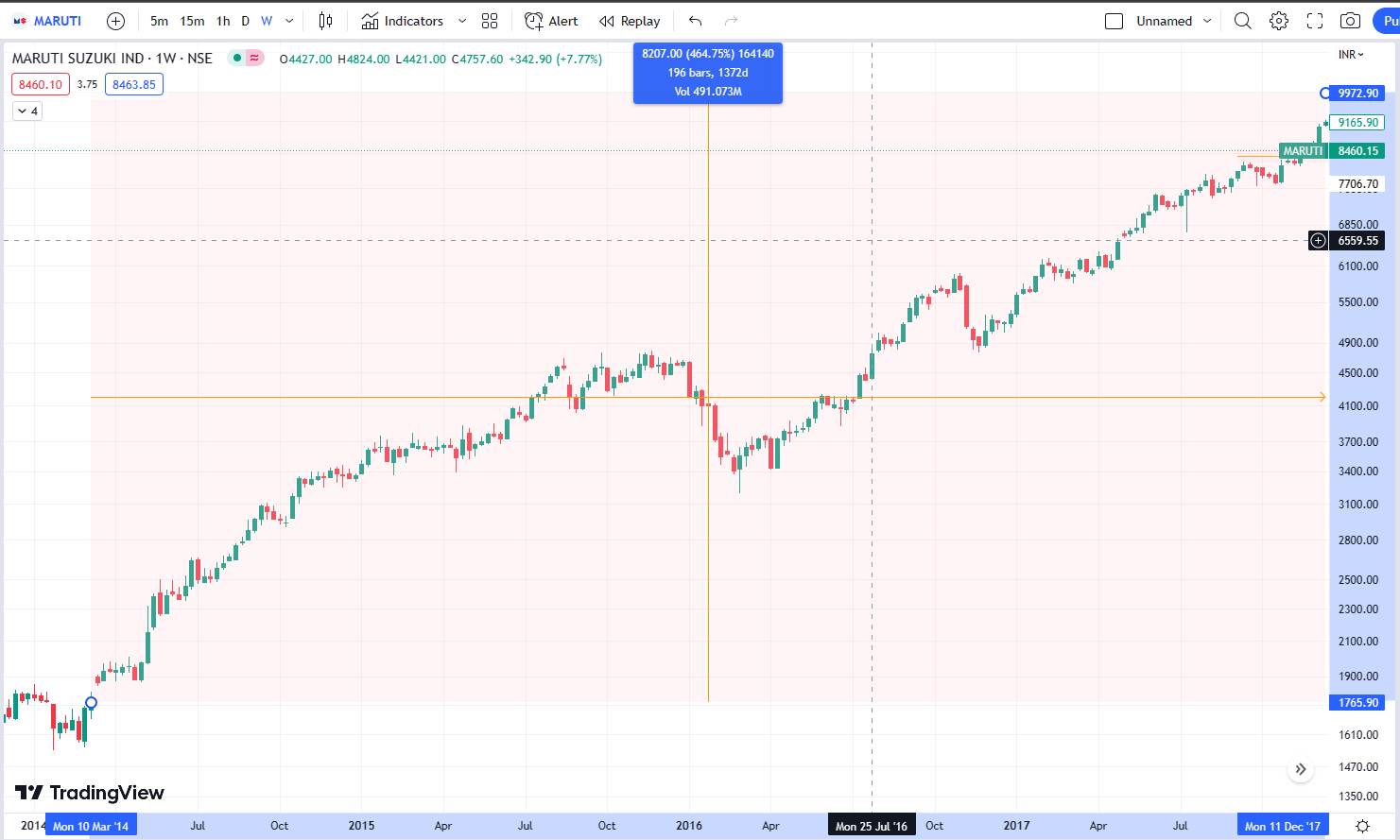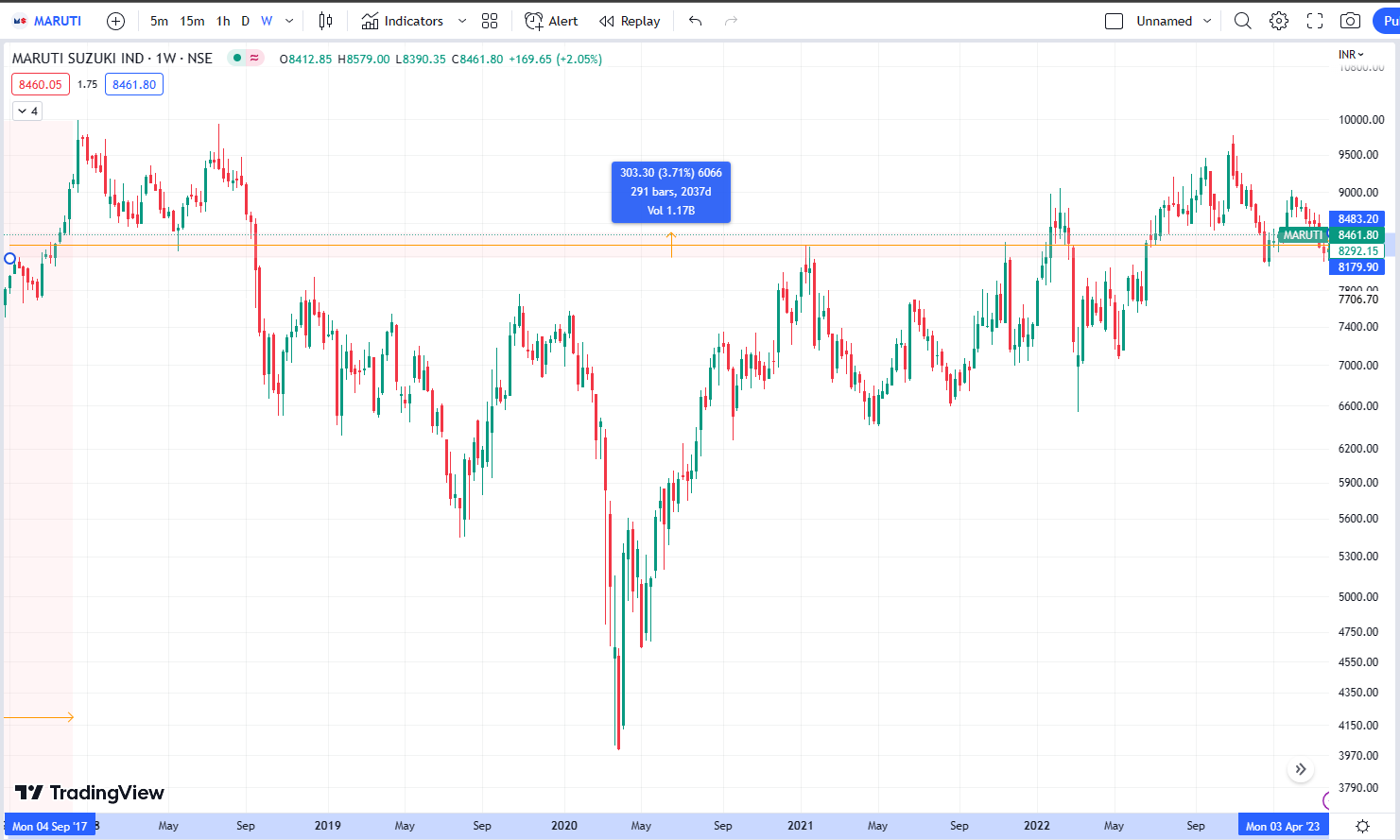Maruti Suzuki Confirm 0.8% Weighted Average Price Hike To Investors - Opinion | V3Cars
On April 1, 2023, Maruti Suzuki informed their shareholders via NSE, BSE official communication, that they have revised the prices of their models across the board. The company cited rising input costs, including the cost of raw materials and freight charges, as the reason for the price hike. The estimated weighted average of the price increase stands at around 0.8%, calculated using ex-showroom prices of models in Delhi. The new prices took effect on April 1, 2023.

You can read the official statement at the following link:
NSE India Archives - Maruti Suzuki Official Communication
Maruti Suzuki only started updating their Arena website with the new prices on April 4, 2023. As of publishing of this article, the prices for the Nexa models are not updated on the official site, but will get an update soon.
You can read our report to check out the exact magnitude (absolute change and %change) of price increase applicable for each variant of the following cars:
Maruti Suzuki Alto K10 Increased Prices Inside | April 2023
Maruti Suzuki WagonR Increased Prices Inside | April 2023
Maruti Suzuki Dzire Increased Prices Inside | April 2023
Maruti Suzuki Brezza Increased Prices Inside | April 2023
Maruti Suzuki S-Presso Increased Prices Inside | April 2023
Note: Check your Car EMI with our - Car Loan EMI Calculator
Price Hikes vs Discounts
While there are price increases for all Maruti Suzuki cars, there are also some offers going on across most of the Maruti Suzuki cars. In many cases, these offers greatly exceed the price hikes. While the official announcement may make the shareholders happy, based on the offers available from dealers and Maruti Suzuki, the ground reality suggests that the demand may be declining. In 2022, the offers were extremely rare across all make and models. Should the demand pick up steam again, Maruti Suzuki could withdraw the offers and improve their profit margins.
New Cars Incoming

Maruti Suzuki are also getting ready to launch the Jimny off-road SUV through its Nexa retail chain. The Jimny will challenge the Thar's dominance in the affordable off-road SUV market. Meanwhile, with the launch of the Fronx, which will also go on sale through Nexa retail outlets, Maruti Suzuki aim to challenge the Tata Punch, which has established itself as a leader in the small SUV sub-segment.
Also Read: Maruti Suzuki Fronx Petrol Variants Explained - Which One To Book?
New Threats
While Maruti Suzuki tackle Tata and Mahindra in various price bands and segments, their chief rival is posing another challenge. Maruti Suzuki, so far, have enjoyed unparalleled loyalty from customers interested in cars with low TCO (total cost of ownership). Maruti Suzuki almost had a monopoly in making fuel-efficient cars but they did lag in the performance department.

With the launch of the new-generation Verna, Hyundai have shown that Maruti Suzuki are no longer the leader in making highly efficient engines. In fact, the Verna’s 1.5L turbo petrol-automatic’s ARAI mileage figure of 20.60kmpl sets new benchmarks too. It not only impresses us with the fuel efficiency figure, but it also offers the best performance for a 1.5L petrol engine. The Verna turbo petrol’s 160PS of power and 253Nm of torque output are class leading.
Also Read: Hyundai Verna Petrol Variants Explained - Which One To Buy?
Maruti Suzuki recently confirmed the mileage figures of the upcoming Fronx and they’re good but they didn’t impress us as much as the Verna’s fuel efficiency figures did. Even with the mild-hybrid tech and a lower displacement, the Fronx turbo-automatic only claims to deliver 20.01kmpl.
|
|
||
|
|
|
|
|
|
|
|
|
|
|
|
With the discontinuation of the 4th-gen Honda City and the launch of the 2023 Verna, the Ciaz is the only car in its segment with an ex-showroom price of under Rs. 10.0 lakh. But, it’s also the oldest and the shortest in length.
Also Read: Honda City 4th-Gen Discontinued - 3 Things To Know
Note: Check your car’s fuel cost with Fuel Cost Calculator in India
Conclusion

For reference, Maruti Suzuki’s share price as of publishing this article is hovering around 8500 points. After giving strong returns of more than 450% to investors from 2014 to the end of 2017, Maruti Suzuki have disappointed their investors in recent years. In the last five and a half years or so, the share price has only delivered single-digit returns as the share consolidated with huge volatility.

We’re keeping a close eye on Maruti Suzuki’s strategy going forward and seeing how it impacts Maruti Suzuki’s investors.


0 Comments